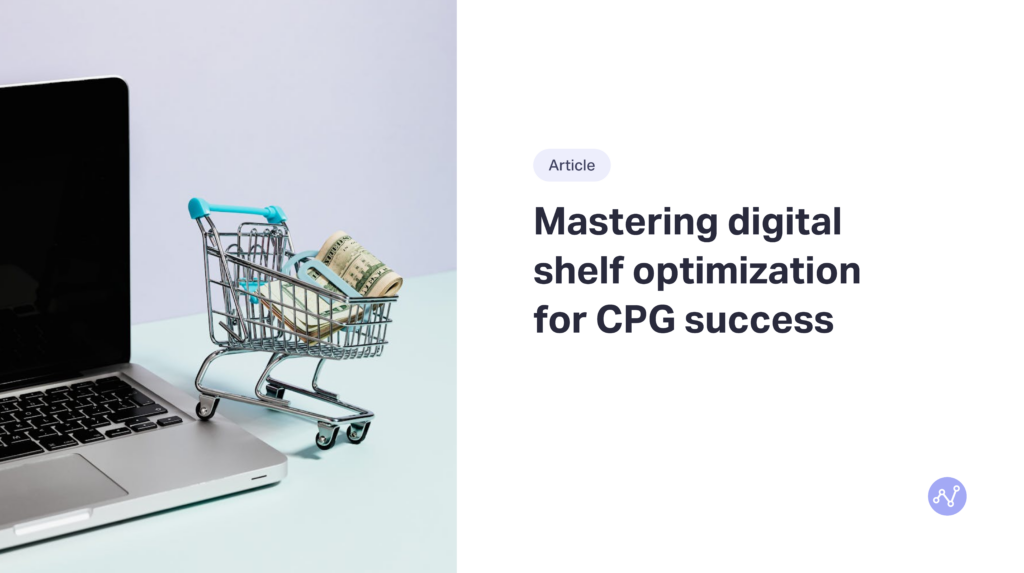Walmart Connect's new brand conquesting feature: six actions CPGs can take.
5 minute read
Like other retailers before it, Walmart, through it’s media arm Walmart Connect, has embraced brand keyword term targeting, also known as sponsored search targeting, and, sorry, also known as brand conquesting, effective January 10th. Despite the medieval overtones of the word, conquesting is a contemporary tactic enabling brands to appear in shopper searches for rival brands.
This feature applies to sponsored products, brands, and videos on Walmart sites. Like Amazon’s 3P marketplace model, sellers and suppliers can leverage Walmart’s sites for sales and advertising. Consequently, this feature can prove valuable for challenger brands seeking prime visibility real estate. But that’s one of several potential uses of conquesting.
Key specifics:
- Conquesting brands cannot secure the first two search positions; those are reserved for the targeted brand
- Targeting is limited to exact keyword matches only
- Advertised items must correspond with the competitor’s category

The conquesting brand can appear in the third and descending search result positions.
Potential benefits:
The potential benefits are enticing, including new brand loyalists, increased sales, and acquisition of competitor market share. Timing the brand term targeting when the targeted brand is out of stock (OOS) can have good results. However, success is not guaranteed. What is guaranteed is an increased media spend.
Potential pitfalls:
The gains from buying competitors’ keywords could be offset by a sales loss when competitors target your keywords. This can lead to bidding wars which can be costly.
The return on advertising spend (ROAS) may be inferior to other strategic actions, such as optimizing the digital shelf and exploring alternative media options, which we’ll look at next.
Recommended actions:
1.
3.
5.
2.
4.
6.

The weight of importance of different PDP content features and their corresponding ideal values change according to category.
The bottom line:
Whether or not investing in conquesting presents a valuable opportunity to brands depends on the factors outlined above. In the end, Walmart will be the big winner as emedia spends increase and CPCs go up with brands playing defense and offence through this new capability.
Consider your investment, test and learn, but always prioritize good organic visibility. Remember, Walmart shoppers are price sensitive, so price plays an important role in product selection, and is generally more powerful than conquesting.



